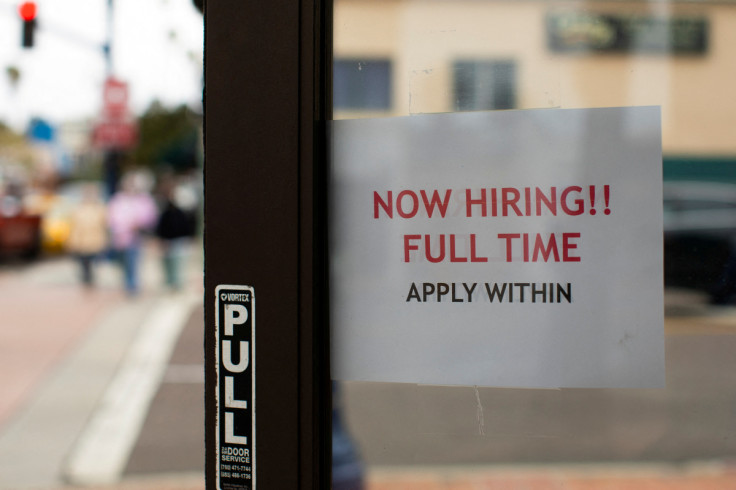U.S. Consumer Inflation Expectations Fall In September; Sentiment Rises

U.S. consumers' near-term inflation expectations fell to a one-year low in September and the outlook over the next five years also improved, easing fears that the Federal Reserve could raise interest rates by a full percentage point next week.
The University of Michigan's survey on Friday followed in the wake of data this week showing a surprise increase in consumer prices in August, which raised concerns that high inflation was becoming entrenched.
"This more or less silences those calls for a 100-basis-point hike next week," said Jennifer Lee, a senior economist at BMO Capital Markets in Toronto.
The University of Michigan survey's reading of one-year inflation expectations dropped to 4.6%, the lowest since September 2021, from 4.8% in August. The survey's five-year inflation outlook slipped to 2.8%, falling below the 2.9%-3.1% range for the first time since July 2021.
"The Fed will likely find some reassurance that inflation expectations on this measure do not appear to have become unmoored," said Conrad DeQuadros, senior economic advisor at Brean Capital in New York.
"The Fed's messaging on inflation expectations has shifted to the importance of keeping expectations anchored compared to relying on that to play down higher inflation rates."
U.S. stocks were trading lower while the dollar dipped against a basket of currencies. U.S. Treasury prices were mixed.
Following the release on Tuesday of strong August consumer price readings, financial markets priced in the likelihood that the U.S. central bank would raise its benchmark overnight interest rate by 75 basis points at its Sept. 20-21 policy meeting, with the potential for a 100-basis-point hike, according to CME's FedWatch Tool.
The Fed hiked its policy rate by three-quarters of a percentage point at both its June and July meetings. Since March, it has lifted that rate from near zero to the current 2.25%-2.50% target range.
Consumer sentiment improved moderately in September, lifted by lower gasoline prices, the University of Michigan survey showed. Its preliminary reading on the overall index on consumer sentiment came in at 59.5 this month, slightly up from 58.6 in August. Economists polled by Reuters had forecast a preliminary reading of 60.0 in September.
"With gasoline prices continuing to decline, sentiment should rise further," said Scott Hoyt, senior economist at Moody's Analytics in West Chester, Pennsylvania. "However, recession concerns, rising interest rates, and the impending softening in the labor market could limit the improvement in confidence."

© Copyright Thomson Reuters 2024. All rights reserved.




















